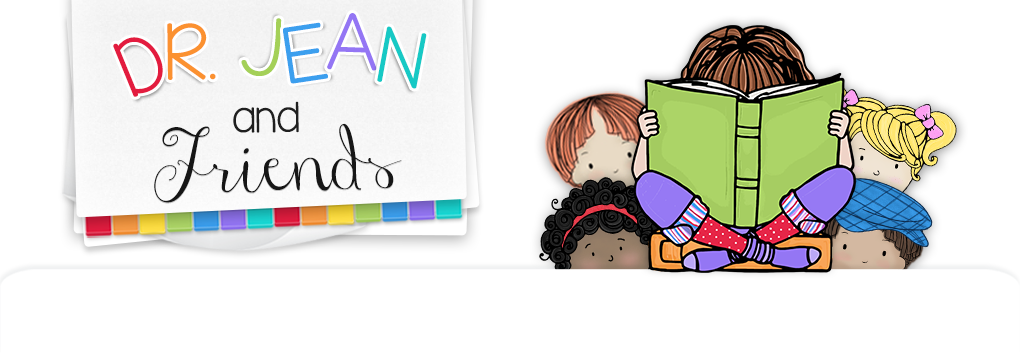
English Language Fellow Project
I was living in Armenia. Armenia is one of the poorest countries in Europe, or the near East, situated next to Georgia, Azerbaijan, and Iran. It is also a former Soviet country. The people there speak Armenian, linked closest to Sanskrit, and not like any other language, though some of them still speak Russian from their former Soviet days. Although Armenia was once a very large country, it is now quite small with most of its borders closed to travel. I’ll never forget my days of entering Yerevan, the capital, and looking up to see Mount Ararat, the symbol of Armenia, now a part of Turkey. I never found Noah’s Ark there, but I believe it’s there all the same.
I was an English Language Fellow for the United States Department of State in Armenia in 2012-2013. At the end of my fellowship I was asked to give a mini-workshop by the American Embassy. I asked the American Embassy if they would give us funds to hold a camp for middle school aged students. Living in Armenia, I had noticed that there were many camps for high school age students, but nothing was offered for middle school age students.
My thoughts on this subject were guided by my observation that teachers often attended workshops but seldom used the knowledge gained in these workshops. I wasn’t sure if it was because they didn’t understand what they were being taught, or if they didn’t believe the information was useful to them. Now, I think it was a combination of both.
While in Armenia I worked for two universities and worked with the Armenian English Teachers Association. I had been teaching my students how to teach English using games, music, etc.; something they were not accustomed to in Armenia. There, everything is taught through the grammar based approach and memorization. The students don’t get very excited about learning English, because they feel it is boring and not useful to them. Especially boys, who don’t particularly like grammar as a rule.

The curriculum was based on fairytales. I tried to choose fairytales that didn’t include princesses so it wouldn’t be offensive to the boys attending. I also looked for fairytales that the students were already familiar with. Goldilocks and Little Red Riding were familiar to almost everyone.
My next step was to include the four areas of teaching English: listening speaking, reading, and writing. I wanted to “spiral” our curriculum so that it covered all four subjects. To do this, fairytales were incorporated using all of these areas. The purpose for this is having the vocabulary repeated through all four areas to establish comprehension and build vocabulary. Reading and writing had to be given in beginning forms because Armenia uses a different alphabet and these students spoke little to no English.
It was very important for this camp to be perceived as “fun”. We needed to work around that affective filter and also teach the teachers around us, that learning English doesn’t have to be boring, definitely a new idea for them!

The camp was a huge success and everyone involved benefitted from it. It was definitely the best thing I did that year as a Fellow.
Without people like Dr. Jean Feldman, who corresponded with
me about using her songs and websites, this book would not have been
possible. There are people all over the
world who work as diplomats for the United States, though most of their names
are not familiar to many of us. Reaching
those who don’t have the means of buying CD’s or learning about current
teaching methods is a gift to those who have great needs but few resources!
Here's a link so you can download a copy of their curriculum.
https://drive.google.com/file/d/0B1SnEagA4jljUUZFNDhZbXpNWjA/view?usp=sharingAnd here's Barbara's email address if you'd like to contact her.
bdusterhoff@hotmail.com

